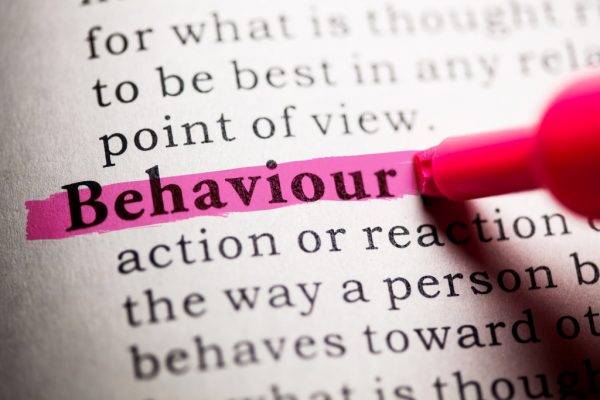
Description
Skills vs. Behaviours
Skills and behaviours are often referred to in the same context. Whilst they are interrelated, they are different traits. A skill is a behaviour or ability a person develops through training or experience and whilst all personal skills are behaviours, not all behaviours are skills. A good way to illustrate this is the art of telling a joke – this is a skill, however, laughing at a joke is a behaviour. Behavioural skills are how an individual interacts with their surroundings and with other people. It is an external display, action or reaction relating to an idea, situation or person. So what should you look for when recruiting? Should you hire someone with a solid skill-set or someone with endearing behaviours? Well, in our view, we choose behaviour over skill as a highly skilled but poorly behaved individuals can be dangerous to organisational growth and a positive working environment. An individual with like-minded behaviours and attitude to your organisation, means they are more likely to be a good fit. Whilst an individual with pre-disposed skills provides a foundation from which to grow and demonstrates that they are experienced in a role, skills can be taught. Building an individual’s skill set is much easier to do than changing someone’s innate behaviour. Skills are often processes that utilise tools and set ways of working. Behaviour tends to be developed based on our upbringing, environment and influences. The skill is in determining what behaviours you are looking for when recruiting. For example, if you are recruiting for a sales role, you may look for an individual who is confident, challenging and persistent. You should also look to recruit individuals whose behaviours and attitudes align with the overall business as hiring like-minded individuals will aid in retention. There are of course, behaviours that can be also be taught such as persuasiveness, efficiency, assertiveness, professionalism. These are behaviours that can have a process applied to them. A methodology to enhance a behavioural skill. Behaviours can also be taught via observation. Children are a great example of this, they learn through observing the actions of their parents. Likewise, employees observe the actions of senior leaders of an organisation and tend to mirror behaviours. So, ensure you lead by example, and enable your teams to succeed by providing the opportunity to gain the right skills and demonstrate the right behaviours. If you need help to get your teams demonstrating the right behaviours and you want to equip them with the right skills, get in touch: help@pureblueocean.comInfo
-->





